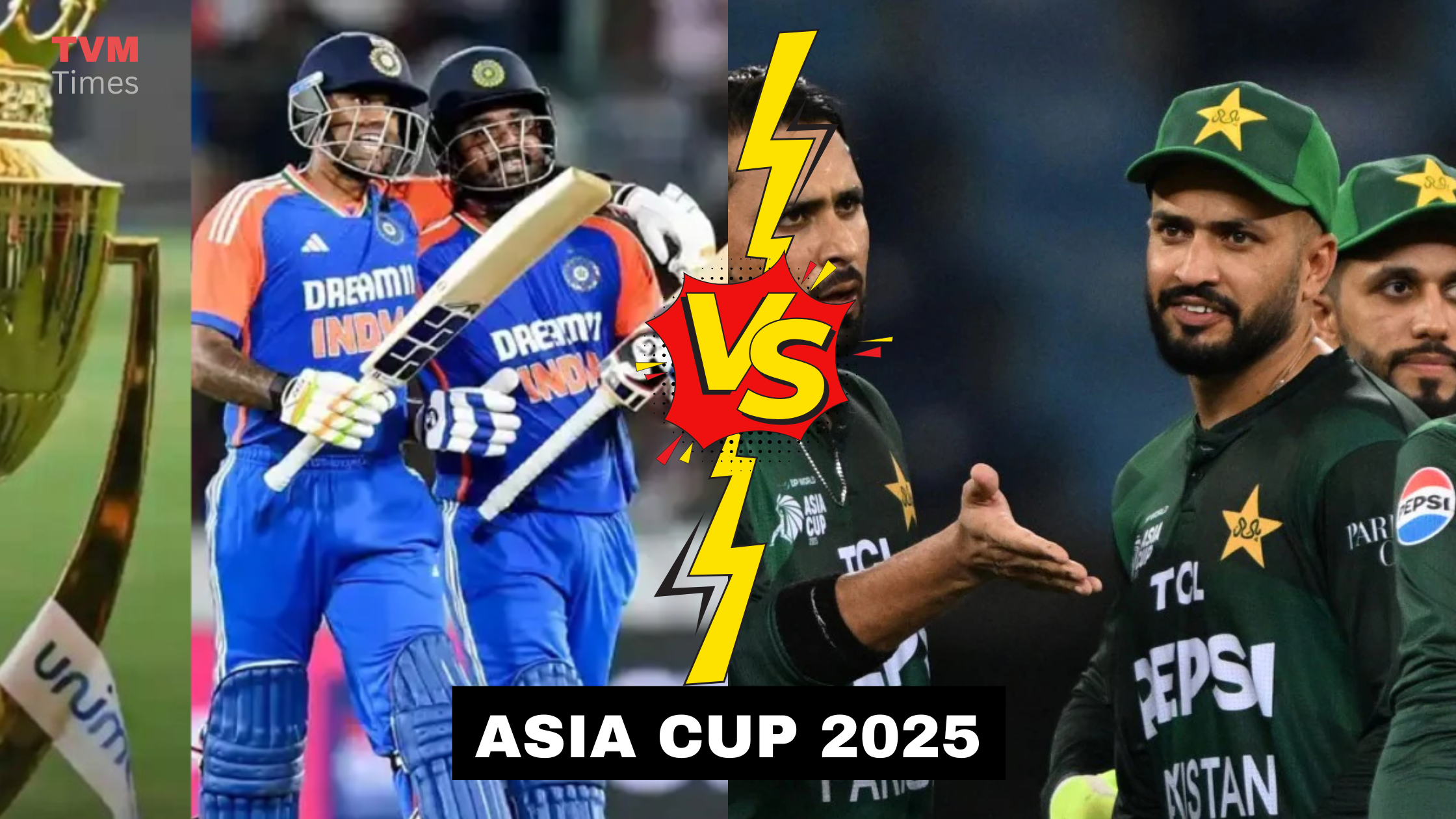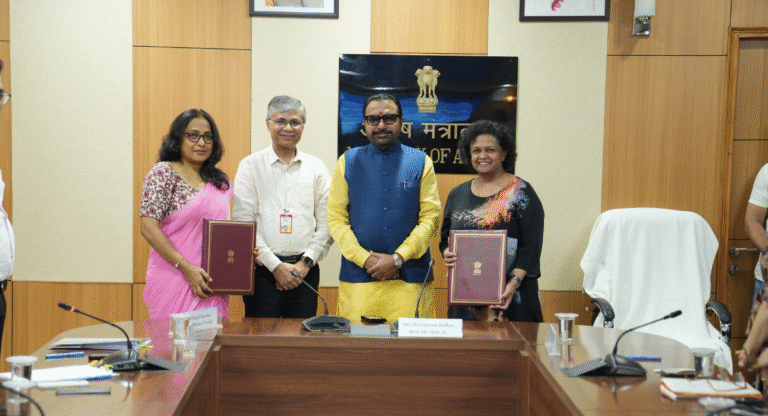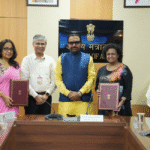
Despite public anger post-Pahalgam attack, BCCI insists playing Pakistan in Asia Cup is unavoidable under international rules
The upcoming India-Pakistan Asia Cup 2025 clash has triggered a wave of controversy and public anger across the country, with calls for a boycott dominating social media and political circles. The sentiment stems largely from the April 22 Pahalgam terror attack, in which 26 Indian lives were lost, and India’s subsequent military response through Operation Sindoor, which targeted terrorist camps inside Pakistan and Pakistan-occupied Kashmir (PoK).
In this charged atmosphere, many expected a freeze on all cricketing ties with Pakistan. But the Board of Control for Cricket in India (BCCI) has defended its decision to proceed with the September 14 match, citing the Central Government’s sports policy.
BCCI’s Clarification
BCCI secretary Devajit Saikia, addressing the rising criticism, said the decision was not unilateral but aligned with national policy. He explained that India has avoided bilateral cricket with Pakistan since 2012-13, but multilateral tournaments such as the Asia Cup, ICC World Cup, or Champions Trophy fall under a different framework.
“We cannot boycott a multinational competition like the Asia Cup. Doing so would not only dilute the tournament but also damage India’s credibility on the international stage. It could also impact our ability to host future global events such as the Olympics or Commonwealth Games,” Saikia said.
He further stressed that if India refused to play, international federations across different sports could impose sanctions. “Whether it’s cricket, football, badminton, or athletics—India cannot afford to be barred. That would jeopardize the careers of our athletes and weaken our bids for future mega-events.”
Rising Anger and Public Sentiment
Since the Asia Cup schedule was released, fans and several political leaders have questioned the logic of playing Pakistan under current circumstances. Social media has been flooded with posts demanding a boycott, arguing that sporting ties send the wrong message when the nation is still mourning its martyrs.
The anger was compounded after the Indian government banned several Pakistani YouTube channels for spreading propaganda post-Pahalgam attack, which led many to believe that cricketing ties would also be suspended.
Why India Cannot Boycott
Saikia clarified that the central government’s guideline is unambiguous—India will not engage in bilateral series with any hostile nation, but in multilateral events, participation is mandatory.
“In bilateral cricket, we have the option to say no. That is why since 2012, we haven’t played a series with Pakistan. But when it comes to Asia Cup, World Cup, or ICC events, the decision is not ours alone. If India pulls out, the entire event will be disrupted, and global associations will act against us,” he said.
He added that boycotting such events could lead to hefty fines, bans, or loss of hosting rights. “If India refuses to play in a FIFA qualifier, AFC tournament, Davis Cup, or Thomas Cup, the respective bodies could bar our federations. This would directly harm India’s standing as a global sports host.”
Upcoming Encounters Possible
India and Pakistan will meet on September 14 in the group stage, but depending on results, the arch-rivals could face each other again in the Super 4s and even in the final. This raises the stakes not only for the teams but also for the ongoing political debate surrounding the series.
A Call for Sporting Victory
Despite the uproar, Saikia concluded with a note of confidence in Team India’s strength. He extended his best wishes to skipper Suryakumar Yadav and his squad, urging them to bring victory on the field.
“We must show our strength not only at the borders but also on the cricket ground. Whatever the noise outside, I am confident our boys will make the nation proud.”
The Bigger Picture
The India-Pakistan clash remains one of the most high-voltage contests in world cricket, transcending sports into the realms of politics, nationalism, and public sentiment. While emotions run high in the aftermath of recent terror attacks, the BCCI insists that playing under the global sports framework is in India’s long-term strategic interest.
As fans gear up for the showdown, the match on Sunday, September 14 will not just be about cricket—it will symbolize a balancing act between national sentiment and international sporting obligations.














